

Deutsch-Chinesische Wirtschaftsvereinigung e.V.
The German-Chinese Business Association (DCW), established in 1987, is Germany’s leading non-profit organisation solely addressing the promotion of economic relations with China. DCW membership comprises enterprises, institutions, professionals and executives. They network to enhance sustainable bilateral investment and trade.
DCW supports innovation, competition, and fair conditions for market access in both directions. It runs the German-Chinese Bureau of Economic Research and has newly established the Erich-Paulun-Institute to advertise intercultural respect and solidarity.
Contact:
Mr Alexander Hoeckle
Chairman of the Board of Directors
Mrs Silke Besser
General Manager
Deutsch-Chinesische Wirtschaftsvereinigung e.V.
Ernst-Schneider-Platz 1
40212 Düsseldorf
GERMANY
Tel: +49 211 788813-20
Fax: +49 211 788813-25
E-mail:
Website: www.dcw-ev.de
 Germany
Germany
Germany at a glance
Germany has the largest population and the largest economy of all countries in the European Union. Its particular competitiveness lies in engineering expertise, especially the development and international marketing of technology-based “smart solutions”.
more …
Small and medium-sized enterprises are considered the backbone of the German economy. These “Mittelstand” companies are often owner-managed and focus on narrow product portfolios while striving for international quality leadership. About 70 percent of the German workforce works at a company with annual revenues below € 50 million. At the same time, Germany’s industrial giants – particularly in the automotive, chemical and machinery industries – expand globally through steady product and process innovation. German enterprises are quick to adjust to global trends, not least thanks to their independence from government interference.
Germany has 80.2 million inhabitants and a nominal GDP per capita of € 33,300 (2013). The economy grew by 0.4% in 2013. Exports reached € 1.1 trillion in 2013 and currently amount to approximately half of the country’s national output. Annual imports stood at € 900 million.
While Germany has registered trade surpluses for large parts of the past decades, their size has significantly exacerbated since the introduction of the single currency union (Eurozone). Increases in the country's labour productivity per working hour were not matched by similar increases in Germany’s real wages. Between 1995 and 2007, Germany’s unit labour costs decreased by three percent. Low or even negative wage growth put downward pressure on Germany’s inflation rate and allowed many German products to be more competitively priced than those of other countries.
Trade relations with China
Germany’s exports to China have grown from just over € 9 billion in 2000 to more than € 67 billion in 2013. The engineering sector dominates German exports to China. Cars and other vehicles account for one quarter of Germany’s exports to China. Machinery and related products account for another quarter (each 26% in 2013). Germany’s optical industry, the aviation industry and chemical goods manufacturers are also major beneficiaries of Chinese demand for “made in Germany”.
more …
Germany is China’s largest export destination in Europe. Imports from China increased from € 18 billion in 2000 to €73 billion in 2013. China is now Germany’s second most source of import, only preceded by the trade hub Netherlands. Electrical and electronic products amount to about one quarter of German imports from China (27%) and machinery products to about one fifth (21%). While garments, furniture and toys used to be among the most important import goods, their share is decreasing rapidly as China’s exports become more technically advanced.
Investments in China
German companies have a long history of direct investment in China. Many of Germany’s multinational corporations were among the first foreign investors in China. Since the beginning of China’s reform and opening period in the late 70s and 80s, many Mittelstand enterprises have entered the market and grown rapidly. The Bundesbank estimates that revenues by German companies in China doubled between 2000 and 2005 (€ 16.6 billion to € 31.1 billion) and rose more than five times between 2005 and 2011 (€ 31.1 billion to € 166 billion).
more …
Revenues by German companies in China continue to grow rapidly. According to a survey by the German-Chinese Business Association, two out of five German companies in China achieved annual revenue growth of more than 10% over the period from 2011 to 2013.
Official FDI data confirms German companies’ unprecedented interest in investments in China. German investments in China increased by 42% to US$ 2.1 billion, considering only the investments that were tracked by China’s Ministry of Commerce (MOFCOM). This came at a time when investments from other major investors either stagnated or fell.
Chinese investments in Germany
In terms of investment volume, Germany is the leading destination for Chinese industrial investment in Europe. Thanks to the skilled labour force and the good infrastructure, Germany is a preferred choice for outbound investment in the context of China’s “Going Out” policy.
more …
Chinese investment in Germany is spread over a variety of industries. Major recipients of Chinese investment include the machinery, automotive and chemical industries, as well as telecommunications, energy and other sectors. They come both in the form of new green field ventures and in the form of takeovers of established companies. 2012 and 2013 have seen unprecedented numbers of Chinese acquisitions in Germany, including several high-profile takeovers of German machinery producers.

